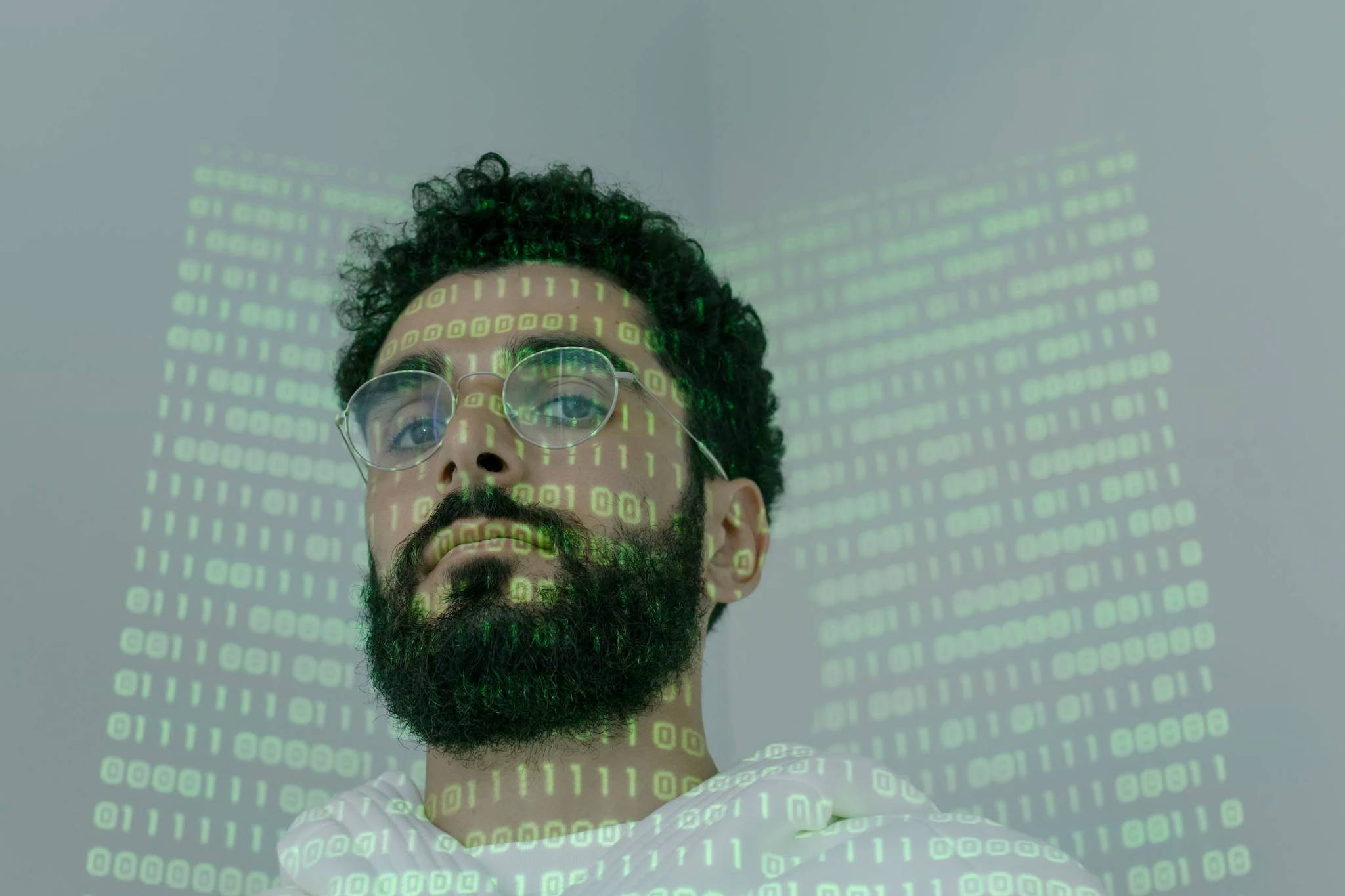Let’s imagine. The the year 2040. A new product from an edtech firm, the personal learning device (PLD), has been unveiled. The PLD is a device that uses artificial intelligence (AI) to help students learn. Each student has a device of this type. The tool helps to develop a deep understanding of its student, so it can offer the best learning resources and activities for academic success. How it will impact the world? Will sites like https://thesisgeek.com/master.php will be needed? How secure is this all?
The tool develops an in-depth understanding of the student, so that it may provide the best learning resources and activities for promoting the highest level academic success.
In order to achieve its goal, the tool needs to know literally everything about the student. How does the student think and access information? What does the student already know about a particular topic? What does the student think he already knows? What kind of life experiences has he had? What are her hobbies? What is she thinking about when she’s bored? What are her favorite movies, songs, and cuisines? Who are her closest close friends? What are his dreams? This device could know more about a student than anyone in their life.
The PLD allows for the presentation of educational content to be tailored to the specific needs of each student. The PLD will be connected to the cloud and its features will remain up-to-date. This device will ensure that each student achieves the highest possible level of education.
Would you allow your child to use it?
Already Here or Far-Fetched
It might seem impossible that the PLD would need so much information. We already let technology tools in the cloud collect a lot of this data. Social media algorithms know more about a typical middle-school student than their own teachers. Google sends out an email at the end of every month telling people where they’ve been. Google and Amazon can both tell you what books and when people read them. Amazon knows what products people own. These companies are able to identify who people spend the most time with and at what times. Facebook and other social media networks are aware of friends, political preferences, and much more. Technology companies are able to collect a wide range of data.
This has never been a problem for me personally because I am a pretty typical person. I am aware that these companies hold information about millions of people. So I figure I’ll just blend in. In exchange for the information, I value it. I enjoy seeing my location and getting content that is tailored to my interests.
I am not a kid either. All adults, including myself, can make my own decisions. These decisions cannot be made by school children. They must be influenced by their parents or guardians.
Imagine the Power
Imagine how powerful it would be to enable every student, with the PLD’s information, to achieve the best possible learning level. The boredom of school could be eliminated. The time would be used in the most productive way possible. Each student could reach their full potential. It would be easier to achieve success in life after school. Recognize not all students want or need to pursue higher education. A PLD that is effective would allow every student to choose her best path.
Consider the Consequences
The device is certainly idyllic. Consider the negative effects it could have on an individual’s life or education. Advertisers already target people based upon their interests. There are many variables to consider when evaluating a PLD which knows all about a particular student.
Can the data stored on the PLD determine unfairly the opportunities that students have? It is possible that a bias, whether unintentional or intentional, would be built in to the device, favoring certain student characteristics. Is the device flexible enough to allow for serendipitous experiences of learning? These experiences can sometimes promote the most profound changes in learners.
Imagine the consequences of this information falling into the wrong hands. Some parents today will not post their children’s name on social media for fear of what others might do. Imagine that a kidnapper knows not only the name of the child, but also everything else about it. Imagine an adult using the information to harm another adult, whether in court or divorce proceedings.
There is One Certainty
It is certain that the personal learning device or something similar will be available in schools one day. The question for those who make the purchasing decisions, and for society as a whole, will be a very important one. What’s more important: student achievement or privacy. Answer will be up to us.


